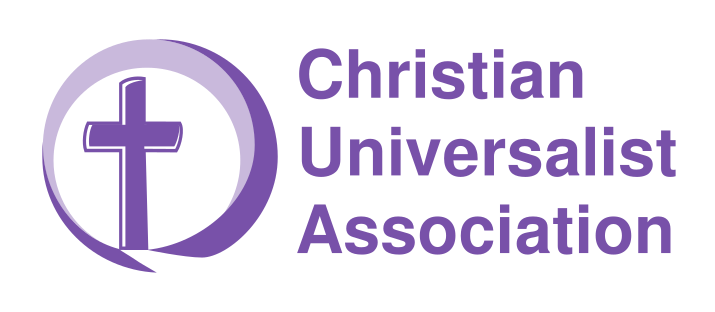No one wants to repeat what they’ve already studied; we recognize that some people doing ministry have studied on their own: combining books, videos, research, workshops, seminars, and other educational opportunities to build their own education. The CUA now has a “Portfolio Guide” to help you present your case for recognition of your studies, in a way that will count towards ordination. This is not extra work, it’s just a list of best-practice ways to show us what you already know—so we can give you proper credit. There are nearly limitless ways to make your case, you just need to show us what you’ve done.
Contact us to schedule a conversation about your education, or ordination!

The CUA ordination program is much like that in any established denomination; education and ordination are handled separately. A traditional seminary, or Christian Bachelors, degree fulfills most of the educational requirements; and there are a couple Christian Universalist specific requirements as well. We also have our own full correspondence education, plus different accelerated programs–depending on your background & experience:
- FastTrack: Many come to the CUA as experienced clergy, having come to a Universalist understanding during their ministry. For those who qualify with both ministry experience, and a traditional theological education, the process is simple: We check your references, and background. You write a few papers, and discuss things with our ordination committee. Assuming it’s a good fit, we will either officially recognize your existing ordination, or ordain you ourselves—whichever is best for your situation.
- Traditional Education: A fully-accredited Seminary education is great. Many CUA clergy have attended a traditional seminary. If you want a paid career in chaplaincy or academia, you need to graduate from a fully-accredited seminary. We would love to help you through the CUA ordination process, while you attend a fully-accredited seminary!
- Life Experience & Self Study: Some people have a lifetime of ministry, and self-education; but never earned a religious degree. We want to give those people life-experience & self-study credit. This program is for people who have decades of experience teaching or writing about Christian Universalism; either through their published works, pulpit preaching, media presence, or other public academic venues. We have a guide to help you present your case for recognition of your studies, in a way that will count towards ordination. It’s not more work, it’s just a matter of showing us what you already know. This combines your knowledge with our existing FastTrack program.
- Correspondence Education: If traditional seminary isn’t a good option for you, we offer a far less-expensive, unaccredited, minister training program. It’s a series of correspondence courses, plus a local internship. The coursework is similar to a traditional Seminary Master’s, but less intensive.
